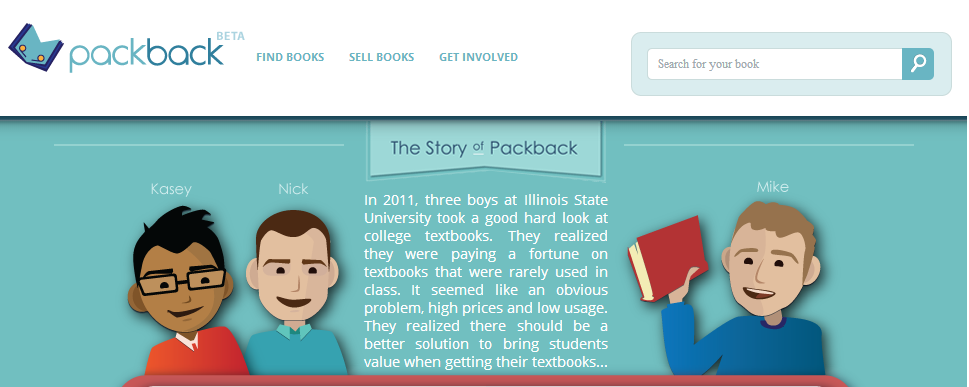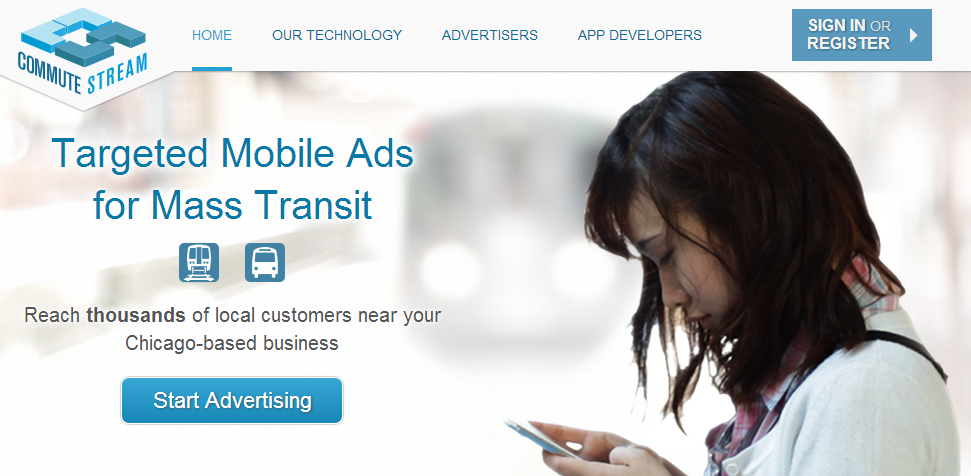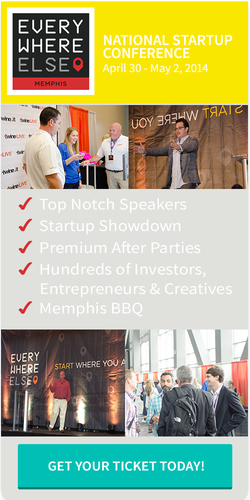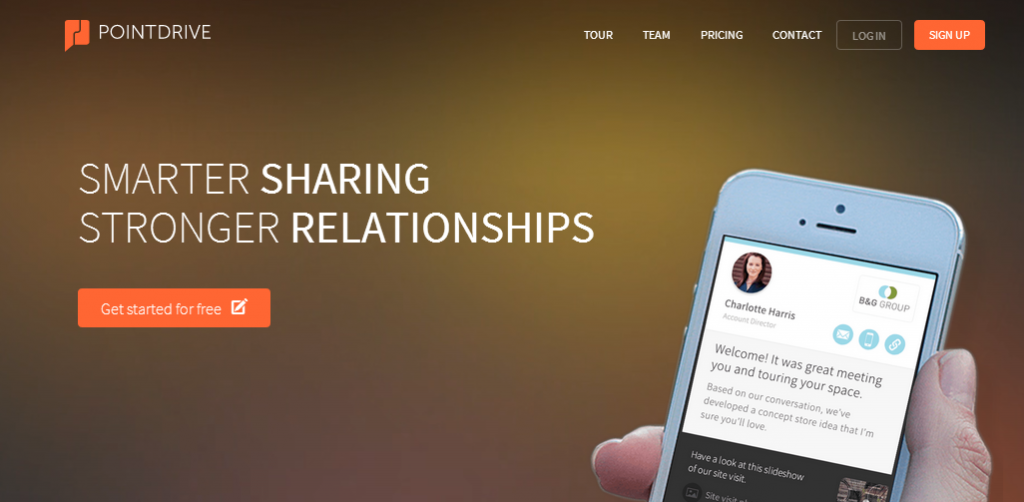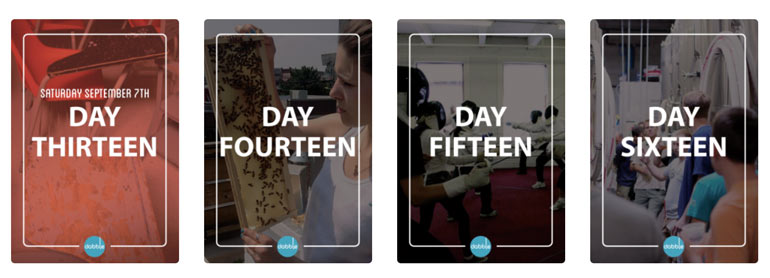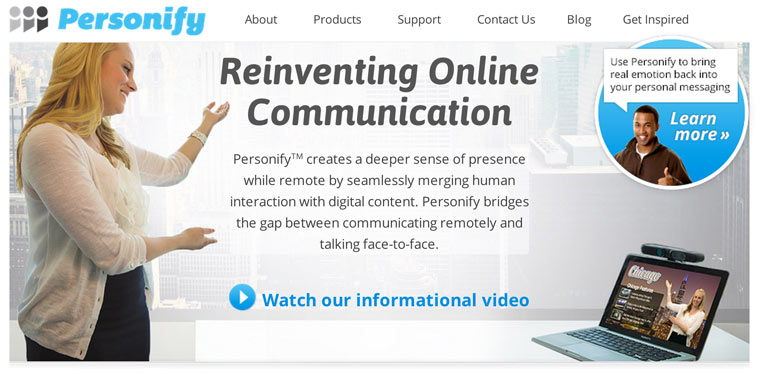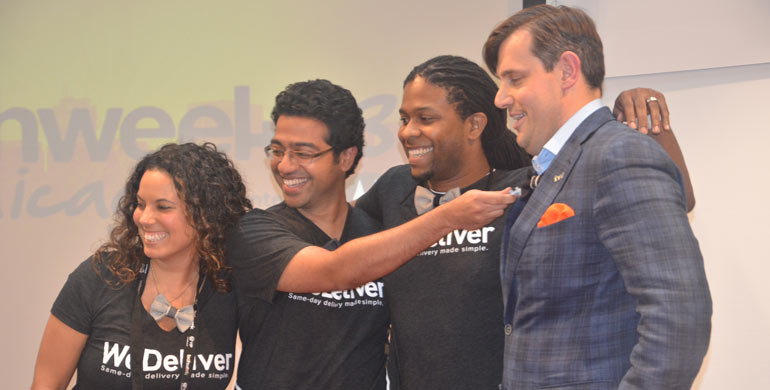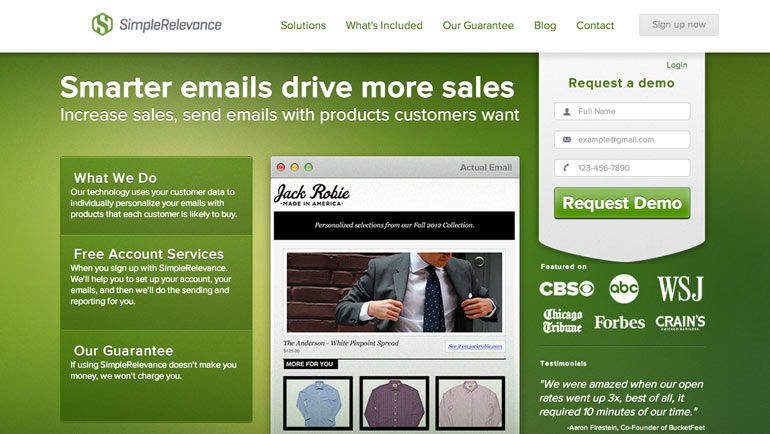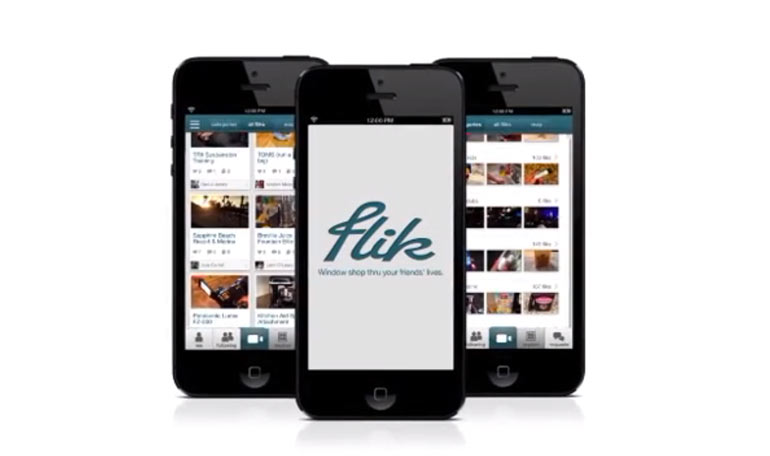Tomorrow Chicago-based Packback will face the sharks of ABC’s Shark Tank, looking for investment in their textbook rental company.
We talked about Packback last summer, after meeting them during Chicago Tech Week. The company–begun when the 3 founders were still in school at Illinois State–allows students to rent textbooks by the day, effectively cutting college costs by thousands of dollars.
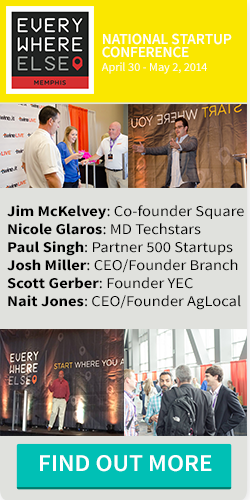 What do the textbook publishers think about this? Because the system is effectively rent-to-own, the publishers are actually recouping revenue from the used textbook market, as all of Packback books are the newest version available.
What do the textbook publishers think about this? Because the system is effectively rent-to-own, the publishers are actually recouping revenue from the used textbook market, as all of Packback books are the newest version available.
The company is an active part of the Chicago tech scene. They incubated at 1871 before moving to new offices at Catapult Chicago with their growing team.
So, what does a tiny startup do to gear up for a big TV debut? In their own words:
The urgency of preparing for the episode has drawn our team closer than ever as we’ve taken our 2 month product roadmap and have condensed it into the next three weeks. We’ve launched our new site with new features as we’re hoping to empower students to make more informed decisions when buying or selling books. Our free sell tool allows students to compare textbook buy-back prices from popular online retailers to find the best offer and maximize their cashback. Students use our real-time price comparison engine while buying books to ensure they find the lowest prices across the web, and of course our digital inventory of $3 to $5 digital textbook rentals has been growing every month as we continuously sign on publishers.
The recent 16 hour-straight days at the office have been taxing but it’s been awesome to see what we’ve been able to accomplish. Our amazing cast of investors have been extremely supportive of our appearance and we’ve recently had the pleasure to have spent a lot of great time with our board of directors Mark Achler and Howard Tullman.
The frenzy is justified. According to some estimates, a spot on the show equals $4-5 million in free marketing. Products and apps on the show see a huge spike in traffic and interest any time their episode airs. It’s common for apps to hit the #1 spot in the app store within moments of their segment ending, especially if the sharks actually like the company.
And products the sharks don’t bite on? Even many of those go on to win big.
Either way, there’s no doubt Packback’s 16-hour days will be well worth it come tomorrow night.


